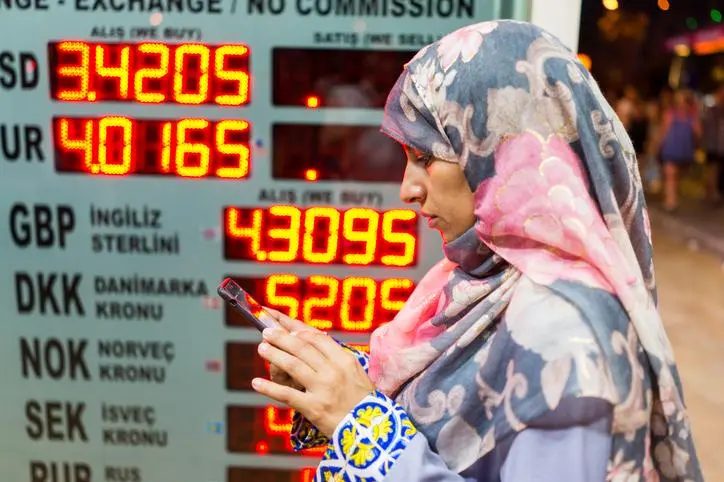PHOTO
DUBAI - United Arab Emirates' energy producer Dana Gas said on Tuesday a large majority of holders of its outstanding $700 million sukuk had consented to a proposed restructuring of the notes.
The company, which last year refused to redeem the Islamic bonds because it claimed they were no longer sharia-compliant, last month reached a restructuring agreement.
That followed a protracted and complex legal battle in British and UAE courts with a number of financial institutions including fund manager BlackRock, an investor, and Deutsche Bank, which represented creditors in the legal proceedings.
The dispute was closely watched by the global Islamic finance industry as it raised concerns it could set a precedent for other sukuk issuers to refuse to redeem their debt obligations on grounds of religious permissibility.
Dana said last month that as part of its restructuring deal, creditors who want to exit the instruments can do so in a tender at 90.5 cents on the dollar.
Alternatively, they can exchange the sukuk for new three-year Islamic instruments with a 4 percent profit rate, while receiving final profit payments that they were owed before the old sukuk matured last Oct. 31.
"All sukuk certificate holders had the opportunity to elect to continue as holders of Dana Gas new sukuk certificates or exit via the tender, with 96.7 percent electing to remain as sukuk certificate holders of Dana Gas,” Patrick Allman-Ward, Dana's chief executive, said in a statement on Tuesday.
The company launched tender and exchange offers on May 22 to consider approval of the terms and conditions of the proposed restructuring.
As of June 1, it had received consent from 90.93 percent of the holders of its ordinary sukuk and from 96.45 percent of the holders of its exchangeable sukuk, exceeding the minimum required 75 percent approval threshold, Dana said.
The company has said it will meet shareholders this month to take a decision on the issuance of the restructured sukuk and the dismissal of all outstanding legal proceedings related to the contested Islamic bonds.
(Reporting by Davide Barbuscia; editing by Louise Heavens and Jason Neely) ((Davide.Barbuscia@thomsonreuters.com; +971522604297; Reuters Messaging: davide.barbuscia.reuters.com@reuters.net))





















